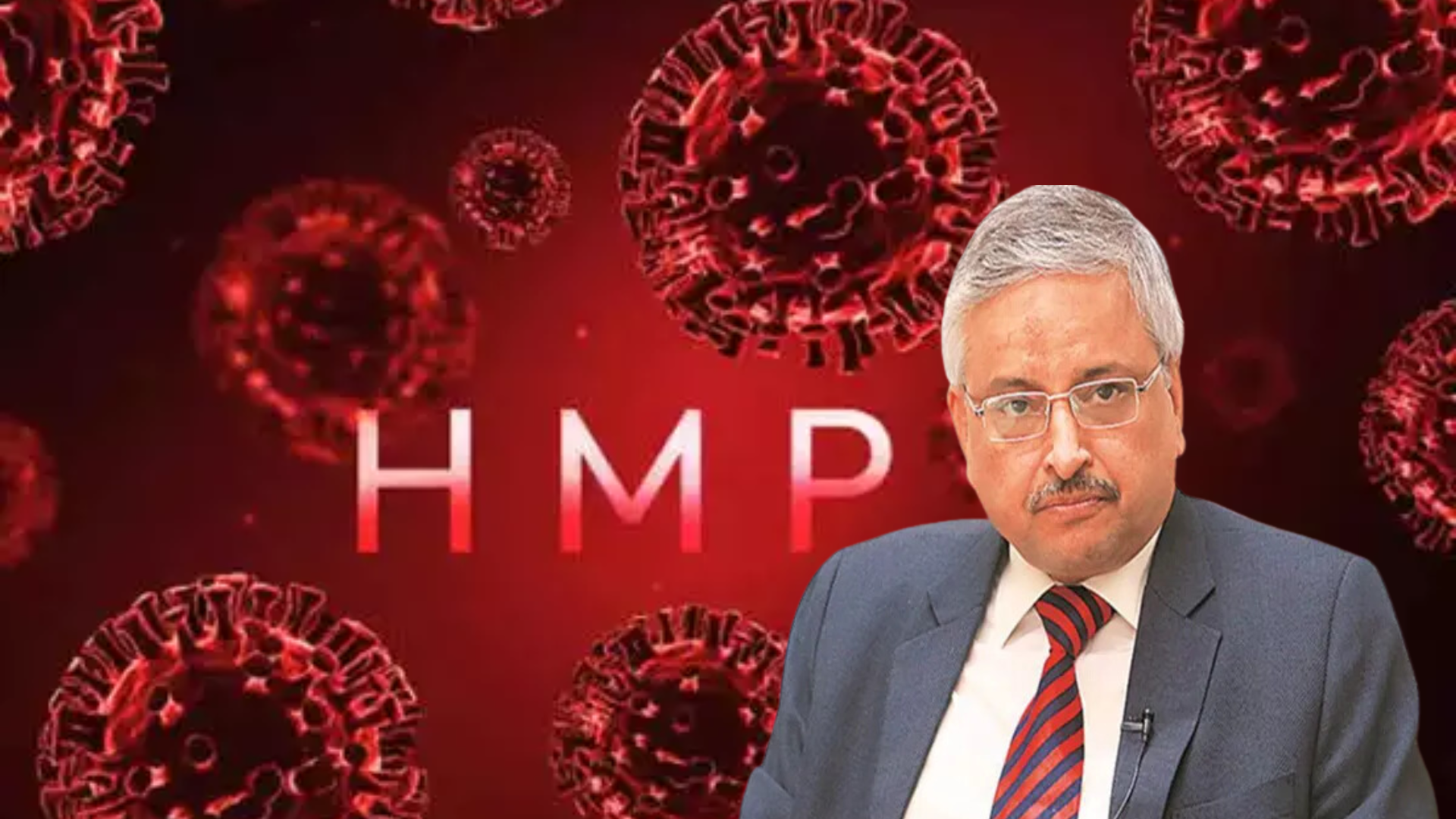The Indian Space Research Organisation (ISRO) today achieved a path-breaking milestone where cowpea seeds germinated in space with the PSLV-C60 POEM-4 platform that was successfully launched. As such, there is a stepping stone for subsequent space exploration mission studies in a new area in space agriculture.
Cowpea seeds sent into outer space as part of ISRO’s PSLV-C60 rocket have germinated in four days, marking a milestone for the mission while also underlining the rapid pace at which plants grow even in such challenging environs as space. These seeds were part of the Compact Research Module for Orbital Plant Studies experiment, conducted by ISRO’s Vikram Sarabhai Space Centre.
Seeds embedded in an encapsulated environment started to germinate and manifest early signals of growth. In the near future, as the experiment progresses, leaves would come out from these seedlings. The scientific breakthrough here is considered a significant milestone in understanding the growth of plants in space because it is one important element for long-duration missions to space.
Life sprouts in space! 🌱 VSSC’s CROPS (Compact Research Module for Orbital Plant Studies) experiment onboard PSLV-C60 POEM-4 successfully sprouted cowpea seeds in 4 days. Leaves expected soon. #ISRO #BiologyInSpace pic.twitter.com/QG7LU7LcRR
— ISRO (@isro) January 4, 2025
Role Of PSLV-C60 And POEM-4 In Advancement Space Research
The mission was launched from the Satish Dhawan Space Centre, SHAR, by PSLV-C60 on December 30. In orbit, the spacecraft deployed two SpaDeX satellites and carried onboard 24 experiments, one of which was CROPS. The fourth stage of PSLV-C60, which hosts the POEM-4 platform, is currently orbiting at an altitude of 350 km. It would be a microgravity environment needed for the study of plant growth.
This experiment is part of ISRO’s broader efforts to explore the viability of growing plants in space. Understanding how plants adapt to the unique conditions of space could have a profound impact on future space exploration missions, including the potential for long-term human habitation on the Moon or Mars.
Implications For Sustainable Space Exploration
The successful germination of the cowpea seeds has much wider implications for space sustainability. Space agencies will look to support human missions beyond Earth, and reliable sources of food and oxygen will be crucial. Traditional methods of resupplying from Earth are unlikely to be possible for long-duration missions, so developing self-sustaining life support systems in space is critical.
Research such as the CROPS experiment will be of great importance to the advancement of regenerative life support systems, which could reduce the dependence of astronauts on Earth for food and oxygen. In achieving space sustainability, the growth of crops such as cowpea in space will be one way astronauts can grow their food during long-duration space missions.
The progress of the CROPS experiment is closely watched, and more details are highly anticipated by the experts. Researchers expect to continue observing the plants growing and more leaves appearing over the next weeks as part of the ongoing experiment in the plant behavior in space.
This experiment, as seen to be a successful one, promises much toward the fulfillment of the space agriculture goal toward self-sufficiency. Beyond a breakthrough in space science, it contributes to long-term feasibility of human space exploration.
ISRO’s successful germination of a cowpea seed is considered a great wonder that promises hope for the near future of space exploration. Studding how plants grow in space is yet another step scientists have taken closer to developing such technology for sustainably long periods of time missions. The next step of further success will definitely play a role in making it possible for the astronauts of the future to carry out their assignments, living and working in space without the necessities of Earth resources.
ALSO READ | Bangladesh’s Tribunal Targets Ex-PM Hasina With Second Arrest Warrant

















